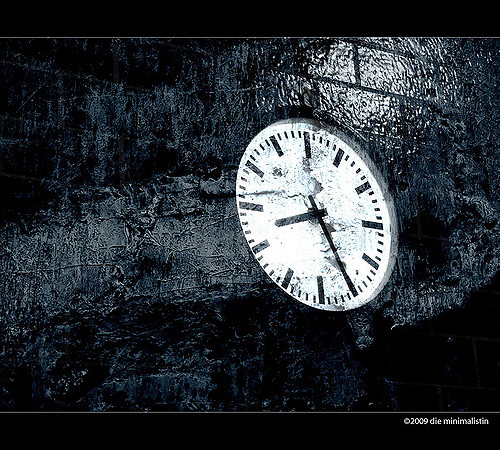Time decay of futures options is a major factor option traders must consider before they buy a futures option contract. Time decay of options means that options theoretically lose money every day, since they have a limited life.
All futures option contracts have an expiration date. Basically, an option contract is a bet that a market will move in a certain direction within a certain amount of time. When you buy an option on a futures contract, you have to be correct on the direction of the market, as well as the timing of the move. Otherwise, the option will expire worthless and you can lose your whole investment.
For example, if you buy an option contract that is out of the money for $500 and the contract has 50 days until it expires, it will theoretically lose approximately $10 every day if the market remains unchanged. The rate of time decay actually increases at an increasing rate (exponentially), as the expiration date gets closer. Many commodity traders will not buy out of the money options that only have a few days left until expiration, as they will be fighting a severe uphill battle.
Buying futures options appeals to many commodity investors since there is limited risk, which means they can lose the whole option premium plus any commissions and fees. However, that limited loss comes at a price. The price comes in the form of a wasting asset. When trading futures options, you are normally looking for a quick move or you are expecting to be in a long-term trend. The more time you have on an option, the more expensive it will be. Therefore, you need to understand your objective before you buy an option contract.
If you are expecting a quick move, you might want to buy a futures option contract with the least amount of time value remaining. Oppositely, if you feel the market is very cheap and your timing of a market move is unsure, you might want to buy a call option with 6-12 months of time value remaining. Time value is a very serious consideration when trading futures options.
Many professional traders actually make a good living from selling options and collecting the premiums – hoping the options will expire worthless. This is basically taking the other side of the trade of buyers. These option sellers typically have a high percentage of winning trades but one bad trade can destroy an account if risk controls are not closely implemented. Selling options has virtually unlimited risk unlike buying options.
When trading futures options, make sure you understand your trading timeframe and realize that futures options are a wasting asset. Buy an option with enough time to meet your trading objectives. Otherwise, you could be right on market direction, but wrong on the timing and end up losing money on a trade. This is devastating to option buyers.




